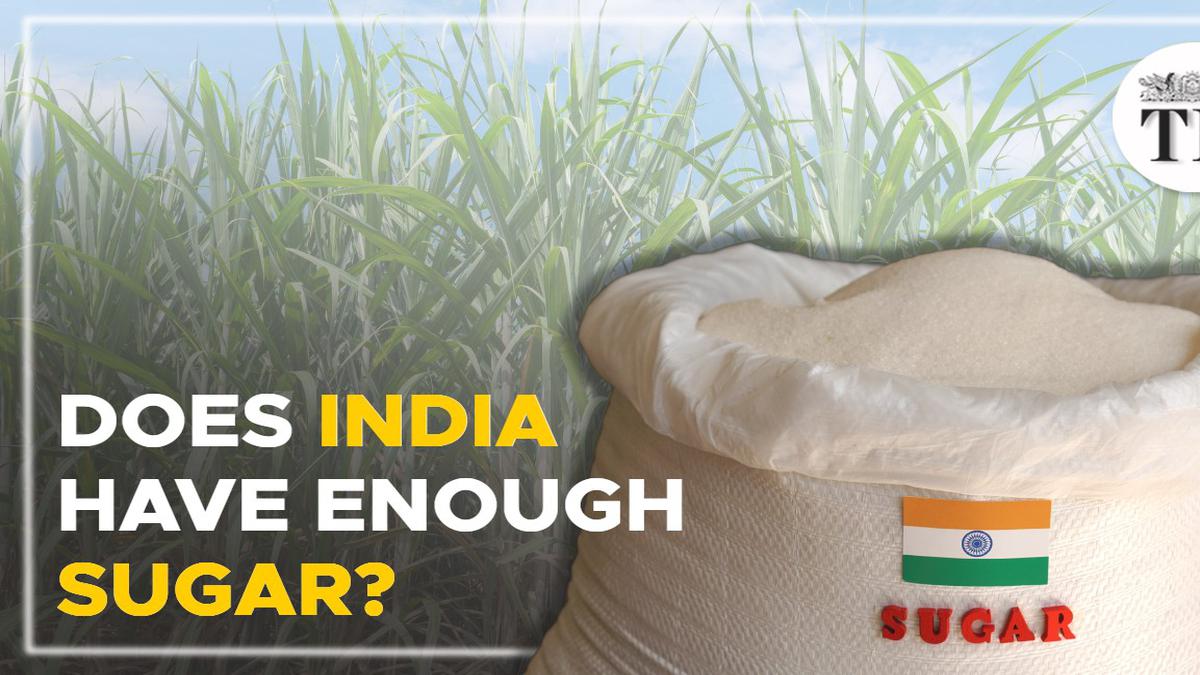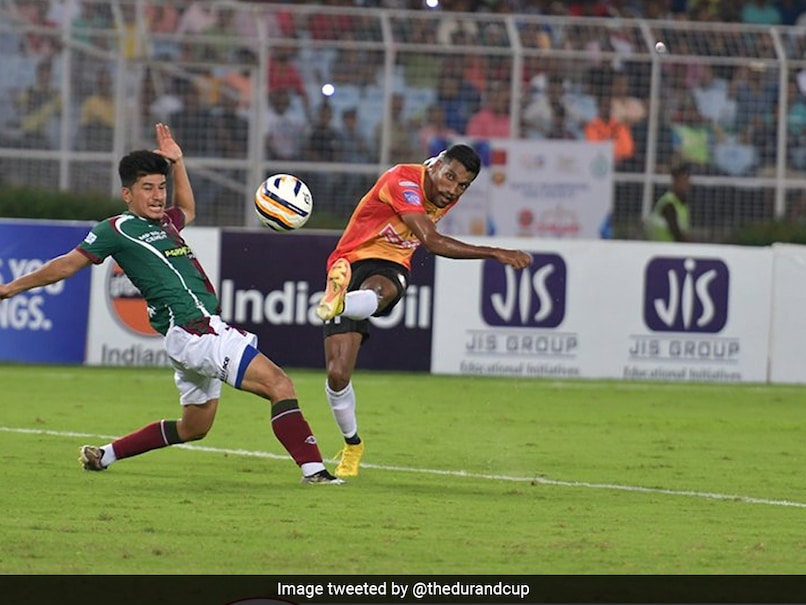Amit Shah on said the decades-long wait for those persecuted is over.
New Delhi:
These are “new birth certificates”. This is how Dayal Singh, a refugee from Pakistan, described the citizenship certificates issued to him, his son and his daughter.
Mr Singh, 47, who has been living in a shanty in North Delhi’s Majnu-ka-Tilla since 2013 after he migrated from Pakistan with his family, was among the 14 people to be given the certificate under the Citizenship (Amendment) Act (CAA) on Wednesday. The law grants Indian nationality to persecuted non-Muslim migrants from Pakistan, Afghanistan and Bangladesh.
Singh’s wife Mira, 40, and his other five children are yet to get their certificates but she is happy that a part of the family is now ‘Bharatiya Nagriks’ (Indian citizens).
“Our journey was filled with challenges due to the identity we carried with us. But now we are ‘Bharatiya Nagriks’,” said Mira while talking to PTI in the shanty that is part of a camp for refugees, some of whom stay in tents.
Most are engaged in odd jobs such as selling chips and other packed food items, water bottles and mobile phone covers on the roadside to make ends meet. “My father-in-law used to always say ‘One day we will be called Bharatiyas and that will be the biggest day of our lives’. He died waiting for that day,” Mira said, adding that he will be happy today.
Every migrant family at the camp has endured years of hardship, she said.
“Here, two or three families with 15-20 people live together in cramped conditions with minimal resources. We started getting our children married off quickly to secure their future,” she said.
The citizenship certificates were handed over to Singh, his son Bharat Kumar and daughter Yashoda, and the 11 others by the Union home secretary after their applications were processed online through a designated portal.
It was a day of celebration, Jhula Ram, who migrated from Pakistan’s Sindh province, said.
“We took our first step in India on October 5, 2013. Yesterday, we became citizens of this country. Our family has 18 members, and three of us have received our ‘birth certificates’ (citizenship certificates),” he said.
Reflecting on his life in Sindh, Ram said, “I was young at that time but we used to live in a tense atmosphere. Whenever something happened against them, we used to become targets, and we were threatened.” “Near my house (in Pakistan), there was a temple of Devi Maa, which I still miss as it is one of my only good memories from childhood. I do miss that temple but now I’ll start going to Vaishno Devi (in Jammu),” Ram told PTI.
Ram said, “Our children will be proud and happy with the decision we made. It will eventually make their lives easier.” Expressing gratitude to Prime Minister Narendra Modi, Mira said the new identity will secure the future of her family. She has named her youngest daughter, 14, after the late actor Sridevi.
A 58-year-old resident of the camp, who did not want to be identified, said, “We came here in 2015, and as per the CAA, only those who came to India on or before December 31, 2014, will get the CAA’s benefits.” Shantaram said, “Our people are being accepted and will no longer be called refugees. People call us Pakistani refugees but now we will be called Indians. However, my family and I came in 2015.” “I run a shop here and am just making a living. I have 50 members in my family, and we are all in the same situation, not knowing what we will do,” he said The CAA was enacted in December 2019 to grant Indian nationality to persecuted Hindu, Sikh, Jain, Buddhist, Parsi and Christian migrants from Bangladesh, Pakistan and Afghanistan who came to India on or before December 31, 2014.
After the enactment, the CAA got the president’s assent but the rules under which the Indian citizenship was granted were issued on March 11 this year after over a delay of four years.
Union Home Minister Amit Shah on Wednesday said the decades-long wait of those who faced religious persecution in Pakistan, Bangladesh and Afghanistan is over.
(Except for the headline, this story has not been edited by NDTV staff and is published from a syndicated feed.)


















